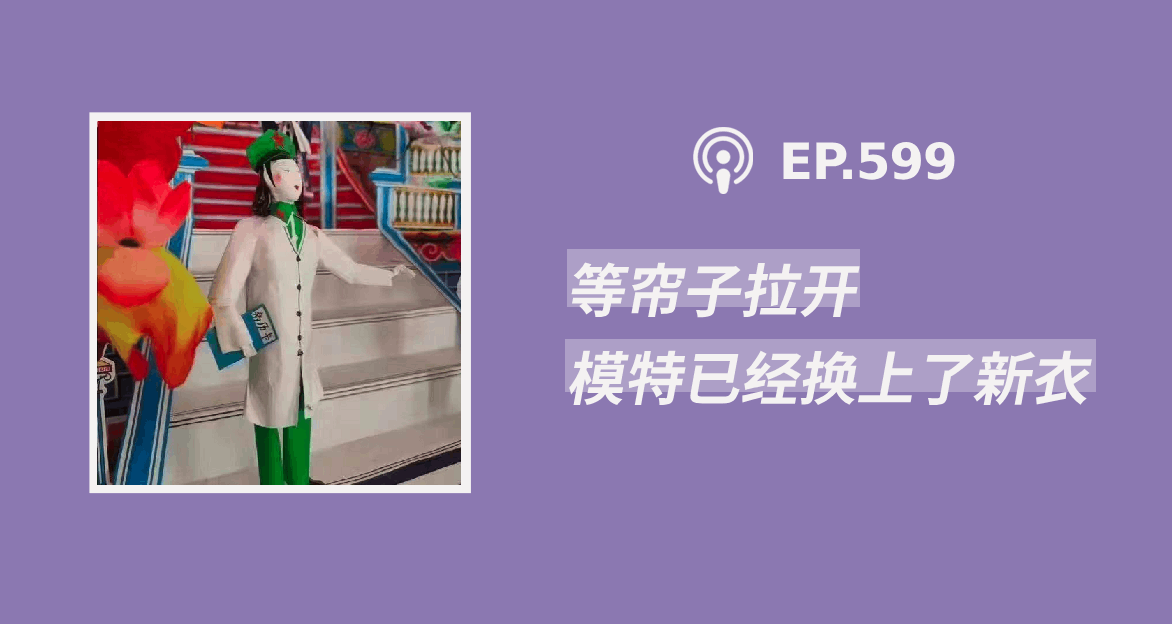译者 zhangjiacunr
BEIJING — Everybody knows Oscar. From Beijing to Paris and New York to Sao Paolo, the golden statuette honouring the best movies in the world is a symbol of the “soft power” prowess of the United States.
大家都知道奥斯卡。从北京到巴黎,从纽约到圣保罗。小金人被授予当今世界最好的电影,这是美国威力中“软实力”的象征。
China’s Golden Rooster awards, however, come and go without much mention — a potent reminder of the film industry’s difficulty in competing with Hollywood despite a push to gain more influence on the global cultural stage.
中国的金鸡奖,然而却悄无声息的独来独往—隐含地提醒着我们与好莱坞在电影产业方面竞争的困难,尽管中国一直努力在全球的文化舞台上获得更多的影响力。
The Communist Party has called on the culture industry — including movie makers — to raise its game and promote the Asian nation abroad as Beijing continues its “soft power” drive.
共产党在呼唤文化产业—-包括电影制作者—提高自己的水平,并促使这个亚洲国家走出国门,作为北京继续自己的“软实力”的一个推动因素。
But Beijing’s desire to guide the arts at home has filmmakers and experts unhappy as they say censorship and propaganda are hampering the movie sector’s ability to compete with Hollywood blockbusters.
但是,北京领导国内的艺术家们的渴望让电影制作者和专家很不高兴,他们说,审查和宣传制度限制了电影产业与好莱坞大片竞争的能力。
“You can’t straightjacket artists and have them compete like athletes. Culture is not monolithic. It should be diverse,” cultural commentator Zhou Liming told AFP.
“你不可能给艺术家们穿上紧身衣,让他们像运动员一样参与竞争。文化不是一个不关注个体的整体。应该是多样化的,”文化评论者周黎明对法新社说。
“Authorities are focused on broadcasting culture overseas in competition with the imported culture flooding China, but that’s wrong,” he said.
“有关部门在向海外播出文化节目,意图与泛滥的进口文化竞争,但,这是错误的,”他说。
“Lots of Chinese cultural products aren’t representative of the China presented by the government.”
“有关部门推出的多数中国文化产品并不能代表中国。”
Mainstream Chinese films all need government approval for release, and there is a marked absence of movies that tell revealing, gritty tales set in the present day.
要想得到发行,中国的电影都要得到政府部门的许可,现在,揭露真相,反映现实的电影严重缺乏。
Chen Daming, director of a recent Chinese remake of the Hollywood romantic comedy “What Women Want”, says censorship makes it hard for filmmakers to make a wide array of contemporary movies.
最近,翻拍好莱坞浪漫喜剧“女人心”的导演陈大明说,审查制度让电影制作者很难大量制作反应当代内容的电影。
“Filmmaking is all about genres and having a strong antagonist. Without the bad guy, the good guy has nothing to do, but it’s hard to make contemporary movies because films about crime today won’t pass censorship,” he told AFP.
“电影制作是有体裁的,都有强烈的反派角色。没有坏人,好人有什么事可做。但是,现在难以出品当代电影,因为坏人都被审查者干掉了,”他对法新社说。
Even those films that get a great reception in China — which took in a record domestic box office of $1.5 billion last year — have difficulties in cracking the bigger US market.
即使是这样的电影在中国也得到了大家的欢迎—去年,国内的票房纪录达到了15亿美元—但要打开最大的美国市场有很多困难。
They face the subtitles hurdle, but often falter before that, failing to get a simple first exposure.
它们面临着字幕方面的障碍,但是经常在此之前就动摇了,没有得到简单的首映。
Director Jiang Wen’s popular 1920s gangster film “Let the Bullets Fly”, for instance, landed a small US distributor this spring but the film has yet to be released in the United States.
姜文导演的电影“让子弹飞”是关于上个世纪二十年代的匪徒的故事,今年春天落户到一个小的美国发行商那里,但是没有能在美国上映。
Chinese-language films haven’t scored a hit in the United States since director Ang Lee’s “Crouching Tiger, Hidden Dragon” won the Best Foreign Language Film Oscar in 2001.
自从李安的电影“卧虎藏龙”在2001年获得奥斯卡最佳外语片奖后,中国电影就没有得到过美国的关注。
In 2003, director Zhang Yimou’s “Hero” — mainland China’s most successful film export ever — was nominated in the same category but failed to win.
2003年,张艺谋导演的“英雄”—-曾是中国大陆出口的最成功的电影—获得了上述奖项的提名,但未获奖。
Meanwhile, Chinese audiences leap at Hollywood fantasy, buying more than $200 million in tickets for “Avatar” or enjoying the more recent “Kung Fu Panda 2” this spring, which took in $93 million.
同时,中国观众却迷上了好莱坞电影,“阿凡达”卖了2亿多元的票房,而今春的“功夫熊猫2”也有9千多万的票房。
In an effort to give their films a better chance abroad, two leading Beijing-based film firms — the Bona Film Group and Huayi Brothers Media — have announced they will invest in start-up China Lion Film Distribution.
为了给他们的电影在国外找到好机会,两个领先的北京电影公司—博纳影业集团和华谊兄弟—已经宣布他们将投资成立中国狮电影发行公司(China Lion Film Distribution)。
Through its partnership with North America’s second largest theatre chain AMC, China Lion has spent a year since its launch trying to expand US film distribution of Chinese movies.
尽管它与北美第二大影院连锁美国经典电影(AMC)有合作关系,中国狮自成立后也花了一年时间来拓展中国电影在美国的发行。
The New York Chinese Film Festival, due to open on November 8, also hopes to make a difference.
纽约中国电影节,会在11月8日开幕,也希望有所成就。
Sponsored by China Central Television and Mengniu Zhenguoli, a soft drink popular with young Chinese, the six-day festival opens with “The Sorcerer and the White Snake” starring kung fu idol Jet Li.
这个有中央电视台和蒙牛真果粒赞助的为期六天的电影节以“魔法师与白娘子”开始,这部电影由功夫巨星李连杰主演。
The film — a hit in China, grossing 203 million yuan ($40 million) in one month — has been dubbed a Chinese “charming variant on the Little Mermaid tale”.
该部电影—一个月获得了4千万美元的票房—改编自中国版的“迷人的小美人鱼故事”。
But Chinese media analyst David Bandurski warns that “China is awash in dusted-off tradition,” and that the film industry suffers when top Communists talk — as they did in October — about tradition over “vulgar” entertainment.
但是,中国媒体分析家大卫·版德斯基警告说“中国在铺天盖地的温习传统,”当高层谈论传统高于“庸俗”娱乐时—-正像他们在十月份说的那样—电影就要遭受挫折。
“It’s no accident that so many Chinese films are set in the imperial past. But as political and ideological restrictions on creation remain, the danger is that China becomes not a rich cultural nation but a nation of cultural relics.”
“那么多中国电影都被放置在过去的帝国环境中,这不是偶然。但是,因为政治和意识形态对创作的限制依然存在,更多的危险是中国不会成为一个文化丰富的国家而成为一个充满文化遗迹的国家。”
Still, some Chinese filmmakers believe they can work within their country’s restrictive system.
然而,一些中国的电影人相信他们能够在国家严格限制的系统下工作。
“The government uses culture to act as a guide to what’s right and wrong. Films are very powerful, and we must produce good guidance,” Ivy Zhong, CEO of the leading private film production company Beijing Galloping Horse, told AFP.
“有关部门把文化作为对与错的导向。电影的力量很大,我们必须产生好的影响,”领先的私人电影制片公司北京奔马的首席执行官钟春藤(Ivy Zhong)对法新社说。
本文由自动聚合程序取自网络,内容和观点不代表数字时代立场











